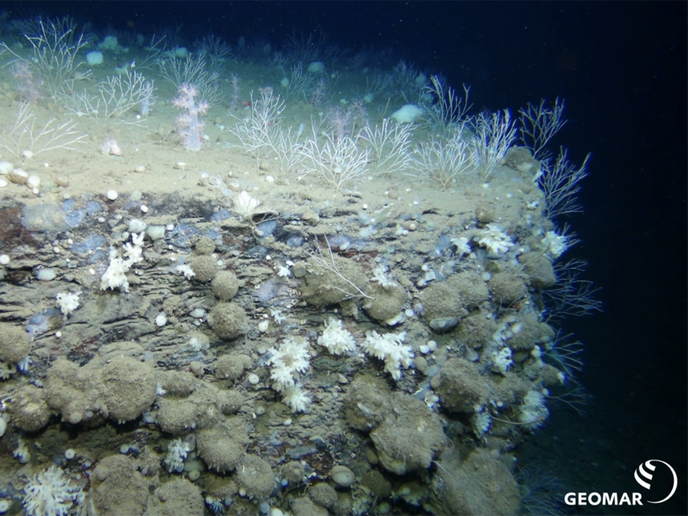How isolated species go extinct
Myotragus balearicus was a goat-like herbivore that lived on two western Mediterranean islands until it went extinct around 5 000 years ago. Recent advances in genetic sequencing mean that scientists can study the genetics of extinct animals like M. balearicus. To determine if climate change drove these creatures to extinction, researchers sequenced aDNA from M. balearicus fossils for the EU-funded project MEDITADNA (Ancient DNA and climatic change: New perspectives from insular environments). M. balearicus is an ideal species for studying the effects of past climates for several reasons. During its 5 million-year isolation on the Balearic Islands of Mallorca and Menorca, major climate changes occurred, however the animal was unable to escape from them. The many fossils present on these islands allowed the researchers to link genetic changes over time to these climatic events. Researchers collected aDNA from fossilised bone and faeces of M. balearicus and two rodent species that lived in the same area during the same period. They managed to obtain good-quality aDNA from 16 M. balearicus bone samples, all of which came from caves located in the northern mountains of Mallorca. After compiling the genetic data into a more useful form, researchers compared how populations differed over time, and how M. balearicus evolved during climatic changes. They also identified plentiful gut bacteria but limited plant species in the herbivore’s faecal samples, providing clues to the animal’s diet. By understanding how the genetic diversity of M. balearicus changed over time as it slid towards extinction, MEDITADNA’s results will provide valuable information for future species conservation efforts.
Keywords
Isolated species, ancient DNA, herbivore, climate change, Myotragus balearicus, MEDITADNA







